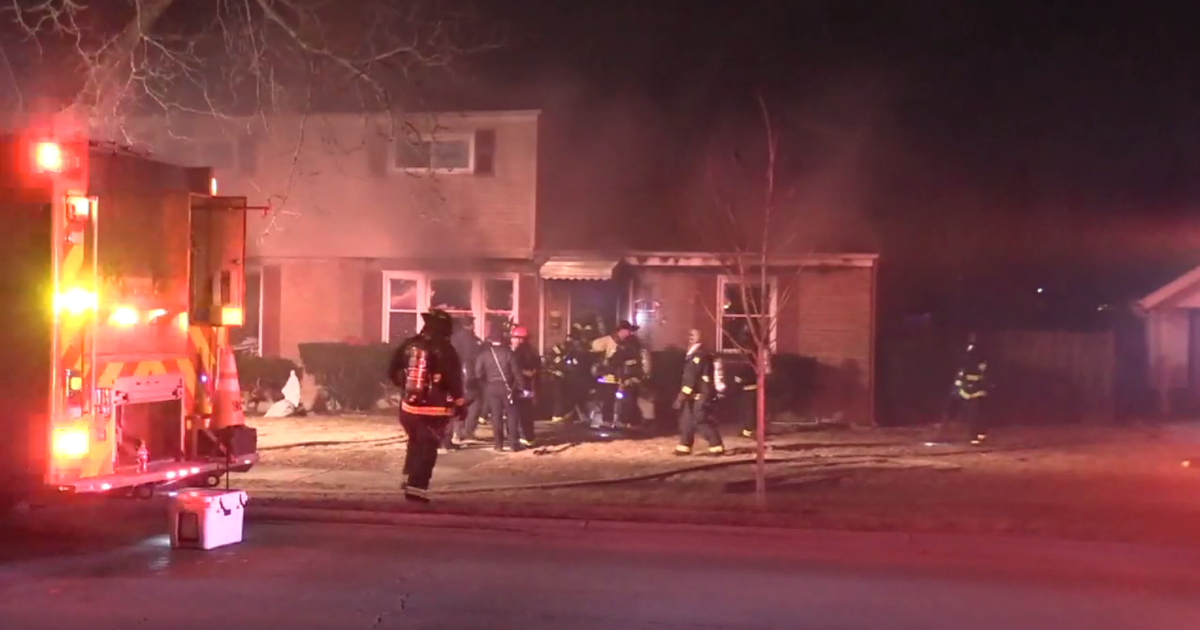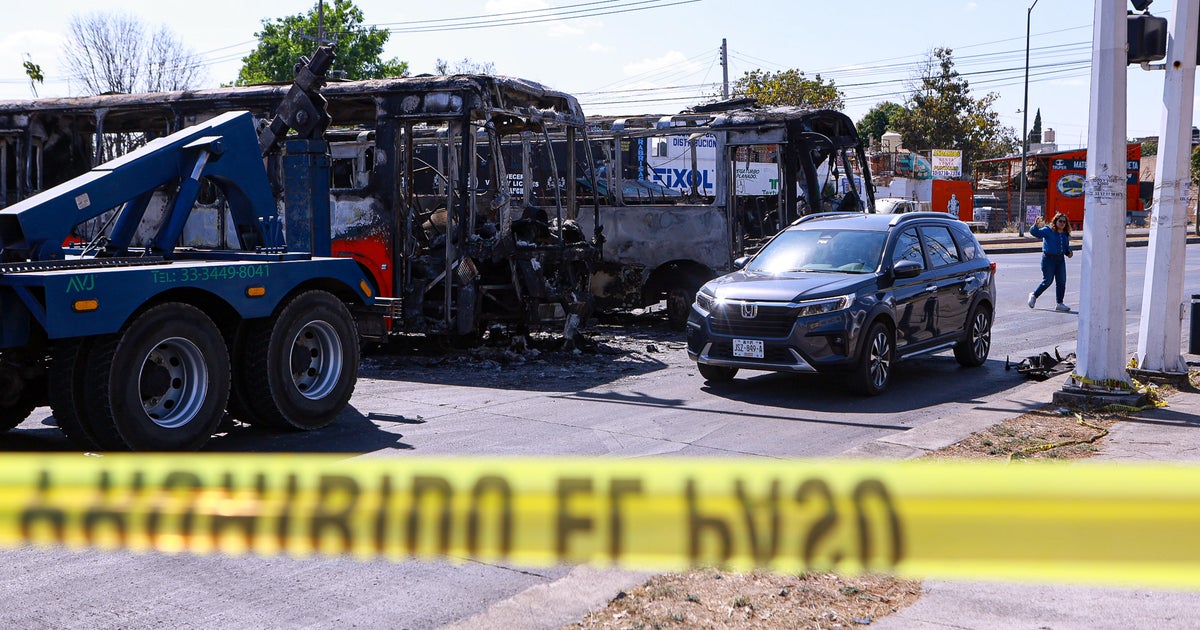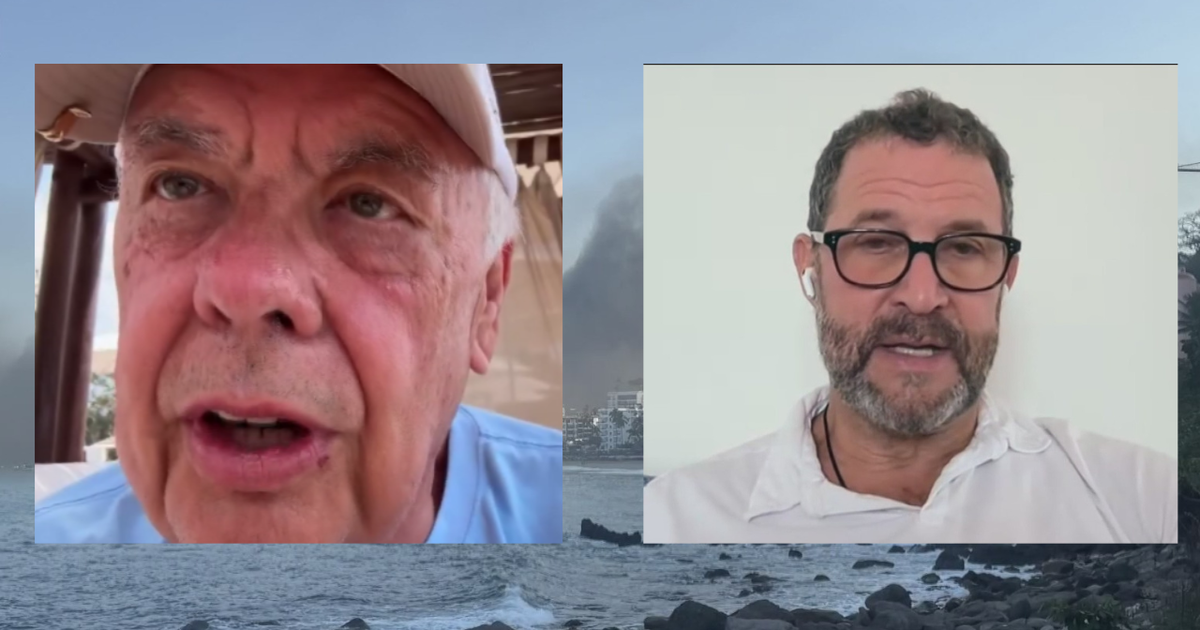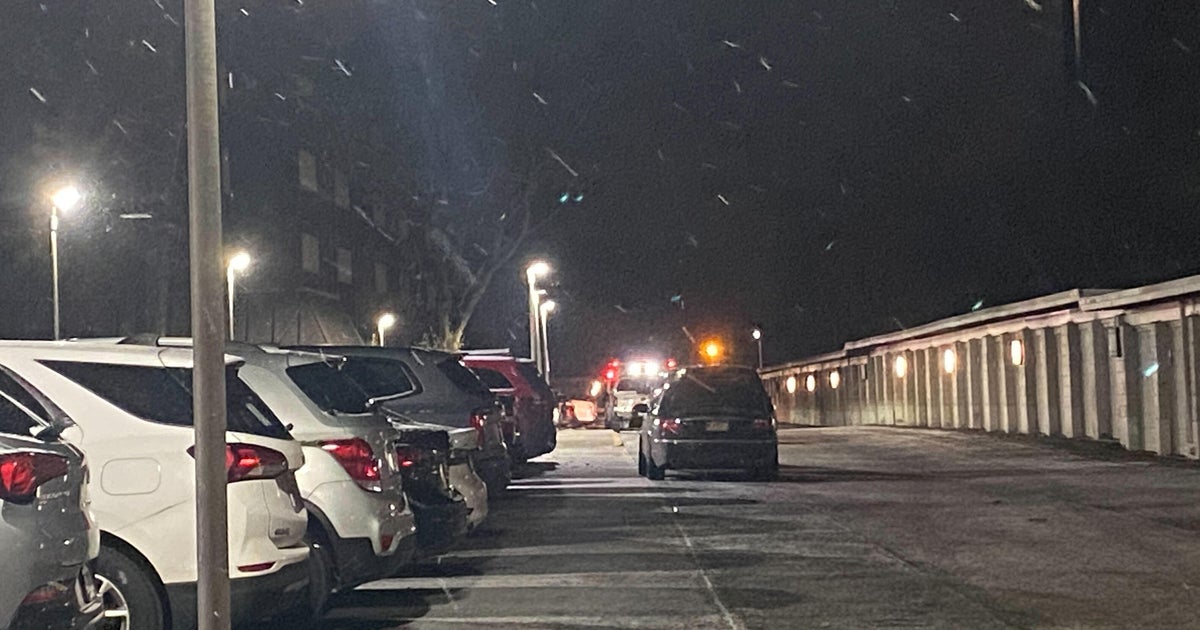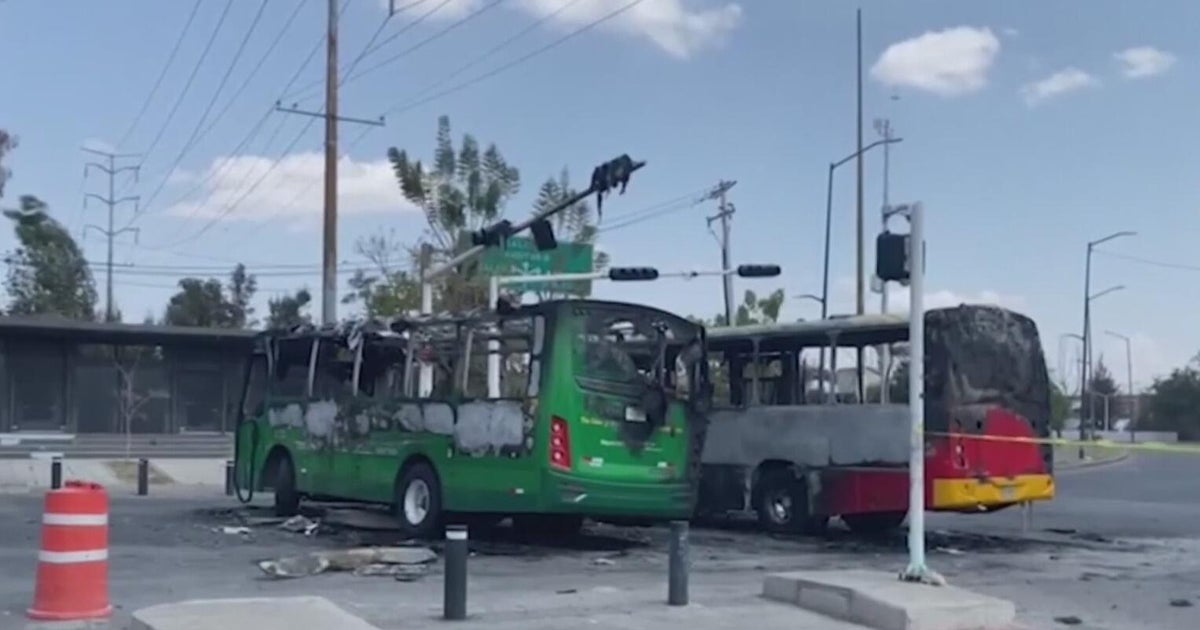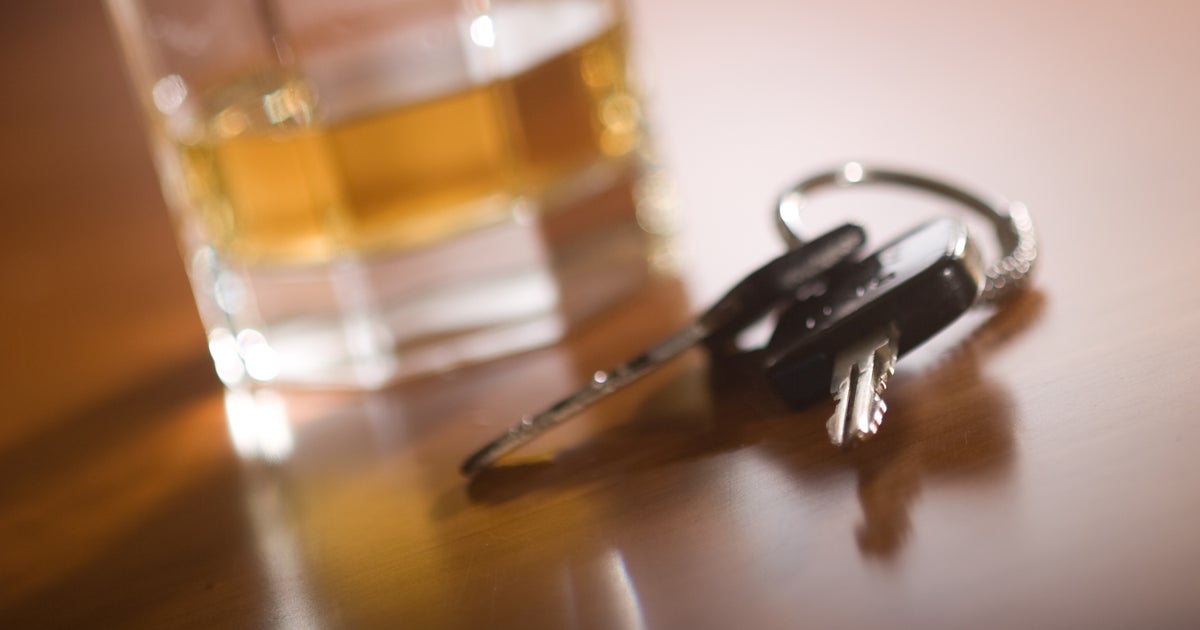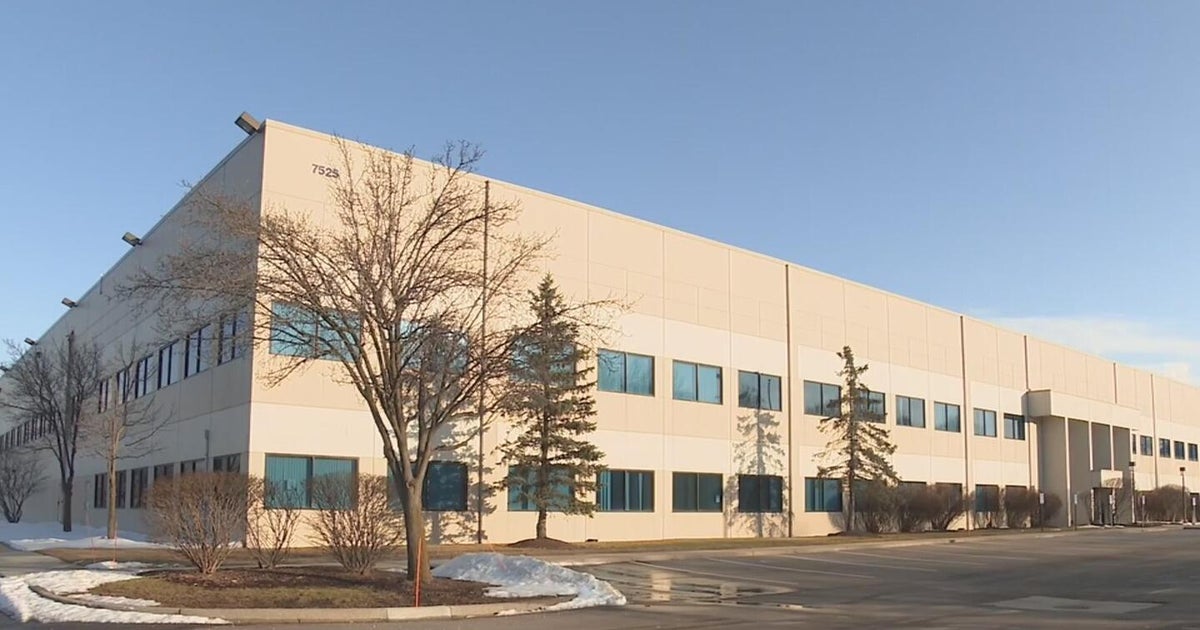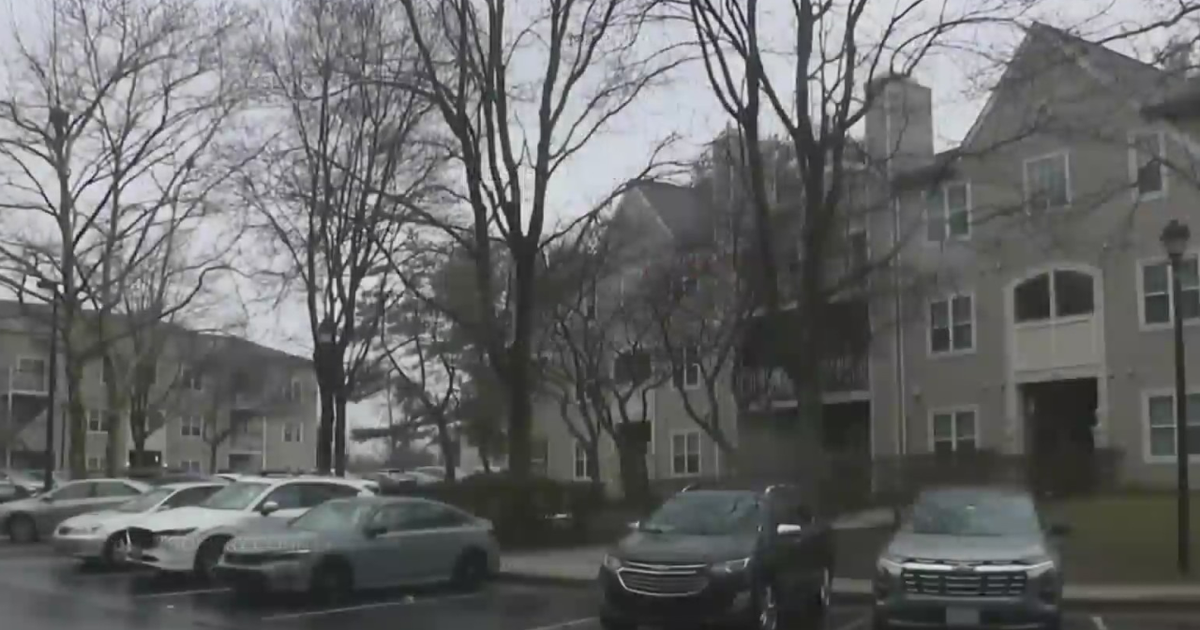Environmental Activists Call for Changes to Reduce Bay Whale Deaths
SAN FRANCISCO (CBS SF) -- Activists held an unusual ceremony Tuesday to mark the recent deaths of whales in the Bay Area and call for the protection of the majestic marine mammals.
At San Francisco's Crissy Field, local environmental groups staged what they called "a wake for whales" to acknowledge the loss of the 12 whales that have been found dead so far this year in or near San Francisco Bay.
"These are just the whales that wash up on our beaches," said Steve Jones, a spokesperson for the Center for Biological Diversity. "Most dead whales sink. So,these 12 whales that washed up in the Bay Area. The actual number of whales that have died along our coast is far greater than that."
The protest focused on three causes of death. First, climate change has depleted the food supply, leaving some whales weak and emaciated. Second, collisions with ships have been the most common identified cause of this year's casualties.
Activists are calling for a mandatory ten-knot speed limit in or near the Bay to reduce the number of fatal ship strikes.
"Speed limits save lives on our highways and they'll save whales in our ocean," said Jones.
And finally, the group blamed entanglement with lines extending up from crab traps to buoys on the surface. The activists want a law mandating the use of a new technology of ropeless or "pop up" crab traps.
On those crab pots, the buoys stay down with the trap until wirelessly deployed. Then the top pops off, releasing the buoys and ropes to the surface where the trap is recovered.
"So it would eliminate the entanglement threat totally," explained Jones. "You wouldn't have to end crab season early and California could be a technological innovation leader to deal with a global problem."
Crab fishermen don't agree with that assessment.
"The fear from the fishery is that this would put us all out of business," said Executive Director of the Pacific Coast Federation of Fishermen's Associations Mike Conroy.
He said normal crab pots cost about $120, while the new pop-up types average around $1,500 each for a technology the fishermen argue is far from foolproof.
"From what I understand, there were quite a number of times that the buoy never deployed," said Conroy. "So that gear, in effect, becomes ghost gear sitting on the bottom of the sea floor for time immemorial."
In 2017 a lawsuit was filed after 14 whales died from entanglements with fishing lines. That led to new state rules and the crab industry is now closely regulated by the Department of Fish and Wildlife.
Conroy acknowledged there have been whale deaths in years past, but he said the new limits on their operation have resulted in no reported entanglements this year and only one last year.
But for the activists, good enough is not good enough. For them, the death of any whale at the hands of man becomes a matter of conscience.
